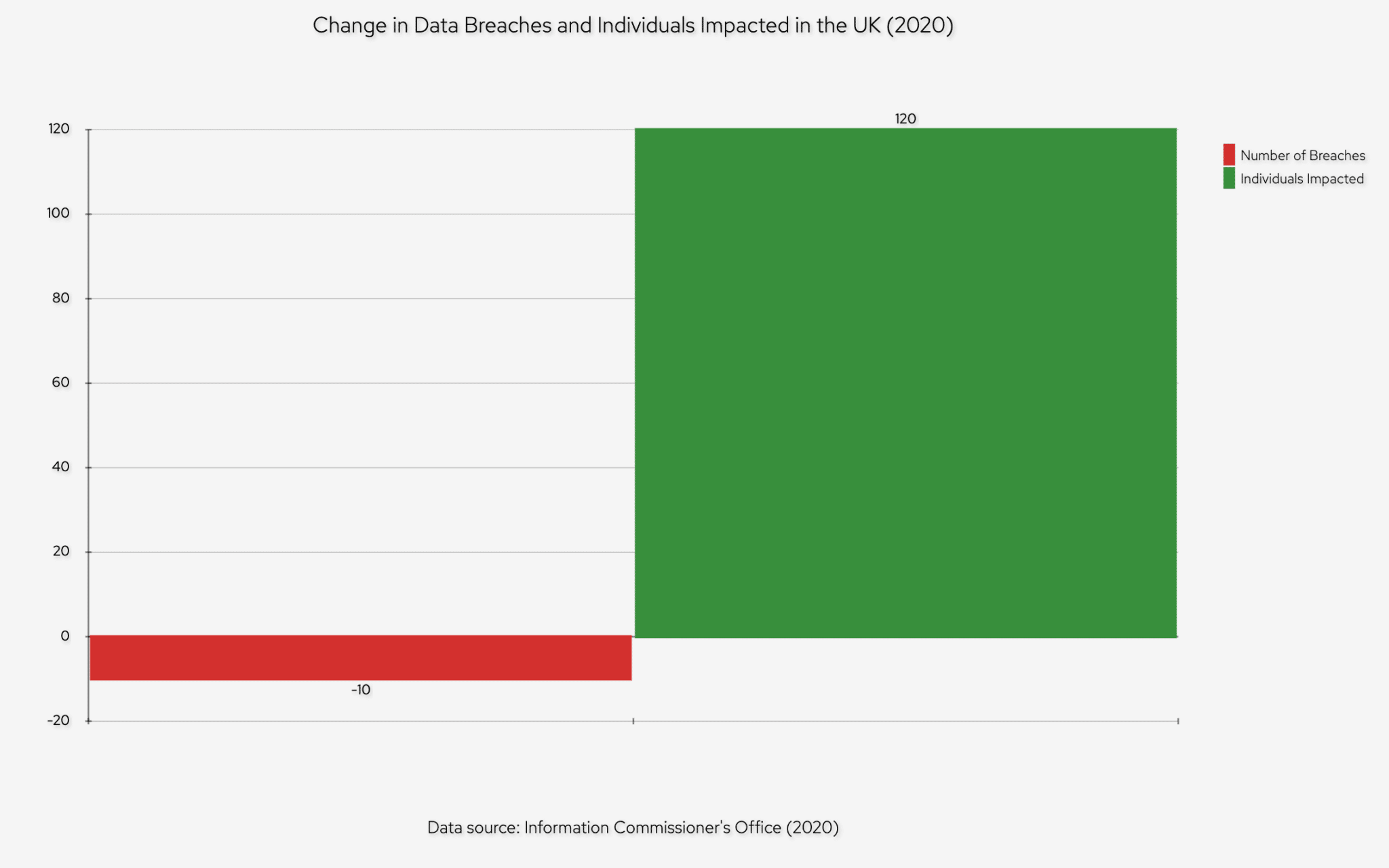Introduction
Confidential waste management is not only a legal requirement but also a crucial step in protecting a company’s reputation1. However, it doesn’t have to be a financial burden. This guide will explore effective tips and strategies to help UK businesses save money on confidential waste removal. By implementing these cost-saving measures, you can optimise your waste management processes while maintaining the highest level of security and compliance. Discover how to achieve significant cost reductions without compromising on protecting sensitive information.
Section 1: Assess Your Confidential Waste Generation
The first step in saving money on confidential waste management is understanding your waste generation patterns. Conduct an assessment to determine the volume and types of confidential waste your business generates. You can develop targeted strategies to optimise collection and disposal processes by gaining insights into your waste generation.
Section 2: Implement Efficient Waste Segregation
Proper waste segregation is essential for cost savings. Establish clear guidelines for segregating different types of confidential waste, such as paper documents, electronic media, or other sensitive materials. This practice allows for more efficient disposal methods, such as recycling or secure destruction, depending on the waste type2. Effective waste segregation minimises unnecessary handling and ensures the most cost-effective disposal routes.
Section 3: Explore Volume-Based Pricing
Many confidential waste management providers offer volume-based pricing, which can significantly reduce costs. Instead of paying a flat fee, volume-based pricing allows you to pay according to the amount of waste you generate. This pricing model ensures you only pay for the services you need, making it ideal for businesses with fluctuating or smaller waste volumes.
Section 4: Optimise Collection Schedules
Review your collection schedules and adjust them based on your actual waste generation. Avoid excessive or unnecessary collections that incur additional costs. By optimising collection schedules to align with your waste generation patterns, you can reduce collection frequencies without compromising security or compliance.
Section 5: Consider Shredding In-House
For businesses with a significant volume of paper-based confidential waste, in-house shredding can be cost-effective. Investing in a reliable shredding machine and assigning trained staff members to handle shredding tasks can save expenses for outsourcing services. However, ensure that your in-house shredding practices comply with data protection regulations to maintain security.
Section 6: Evaluate Confidential Waste Management Providers
When outsourcing confidential waste management, choose a reputable provider that offers competitive pricing and flexible service options. Compare quotes from multiple providers, considering collection frequency, secure destruction processes, and additional services like recycling. Look for providers with a proven data security and compliance track record to ensure that your sensitive information remains protected.
Frequently Asked Questions
How can efficient waste segregation save money on confidential waste management? Answer: Efficient waste segregation allows for targeted disposal methods, such as recycling, which can reduce overall disposal costs. By separating different types of confidential waste, you can optimise the disposal process and choose the most cost-effective options.
What are the benefits of volume-based pricing? Answer: Volume-based pricing ensures that you pay based on the waste you generate. This pricing model offers cost savings, particularly for businesses with fluctuating or smaller waste volumes, as you only pay for the services you need.
Is in-house shredding a cost-effective option? Answer: In-house shredding can be cost-effective for businesses with significant paper-based confidential waste. Investing in a shredding machine and assigning trained staff members can eliminate outsourcing costs. However, ensure that your in-house shredding practices comply with data protection regulations.
Conclusion
The right strategies and considerations can save money on confidential waste management. By assessing your waste generation, implementing efficient waste segregation, exploring volume-based pricing, optimising collection schedules, considering in-house shredding, and evaluating service providers, you can achieve significant cost reductions while maintaining the security and compliance of your confidential waste disposal. Apply these tips and strategies to optimise your waste management processes, protect sensitive information, and maximise cost savings. Contact us today to learn how we can help you save money on your confidential waste management needs.
References
The diagrams have been inserted into the blog at relevant sections to provide visual representation of the data points discussed. They provide valuable insights into the current state of waste management and data breaches in the UK.
Footnotes
- National Association for Information Destruction. (2022). Importance of Proper Disposal of Confidential Waste. Retrieved from NAID ↩
- Waste Management. (2022). Recycling 101. Retrieved from Waste Management ↩

